The present has a special status for us humans – our past seems to no longer exists, and our future is yet to come into existence. But according to how physicists and philosophers interpret Einstein’s Theory of Relativity, the present isn’t at all special. The past and the future are just as real as the present - they all coexist and you could, theoretically, travel to them. But, argues Dean Buonomano, this interpretation of Einstein’s theory might have more to do with the way our brains evolved to think of time in a similar way to space, than with the nature of time.
The human brain is an astonishingly powerful information processing device. It transforms the blooming buzzing confusion of raw data that impinges on our sensory organs into a compelling model of the external world. It endows us with language, rationality, and symbolic reasoning, and most mysteriously, it bestows us with consciousness (more precisely it bestows itself with consciousness). But, on the other hand, the brain is also a rather feeble and buggy information processing device. When it comes to mental numerical calculations the most complex device in the known universe is embarrassingly inept. The brain has a hodge-podge of cognitive biases that often lead to irrational decisions. And when it comes to understanding the nature of the universe, we should remember that the human brain was optimized to survive and reproduce in an environment we outgrew long ago, not decipher the laws of nature.
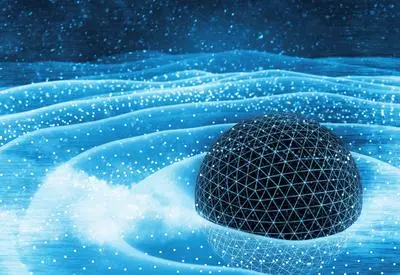 SUGGESTED READING
Is Einstein still right?
By Clifford Will
To date, the most powerful tool we have devised to overcome the brain’s limitations is called mathematics. Once in a while an outlier such as Einstein or Schrödinger conjures up equations that allow us to describe and predict the external world, independently of whether the human mind is capable of intuitively understanding those equations. We can plug those equations into a computer, which can then pump out predictions about what will occur when, whether or not we (or the computer) “understand” those equations.
SUGGESTED READING
Is Einstein still right?
By Clifford Will
To date, the most powerful tool we have devised to overcome the brain’s limitations is called mathematics. Once in a while an outlier such as Einstein or Schrödinger conjures up equations that allow us to describe and predict the external world, independently of whether the human mind is capable of intuitively understanding those equations. We can plug those equations into a computer, which can then pump out predictions about what will occur when, whether or not we (or the computer) “understand” those equations.
___
Much as chess is beyond the grasp of Schrödinger’s cat, an intuitive understanding of quantum mechanics is probably beyond the grasp of the human brain.
___
Mathematics, however, is mostly agnostic to the interpretation of the equations of modern physics. This is particularly clear in the case of Schrödinger’s equation, which helped master the quantum world of particles that underlies much of our digital technology. No one can really claim to intuitively understand what a wavefunction actually is, or what it means for two photons two be entangled. Much as chess is beyond the grasp of Schrödinger’s cat, an intuitive understanding of quantum mechanics is probably beyond the grasp of the human brain.
The equations that comprise the laws of modern physics have proven accurate beyond any reasonable expectation, but when we interpret the equations of relativity and quantum mechanics, we often forget to take into account the inherent limitations, constraints, and biases, of the organ doing the interpreting. This point is particularly relevant in the context of what the laws of physics tell us in regard to the nature of time.
___
Under eternalism time-travel is a theoretical possibility, as my past and future selves are in some sense physically real. In contrast, under presentism the notion of time travel is impossible by definition.
___











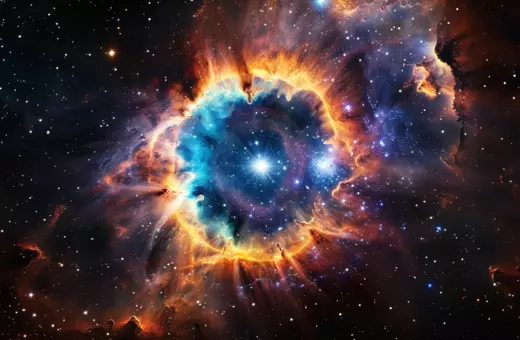
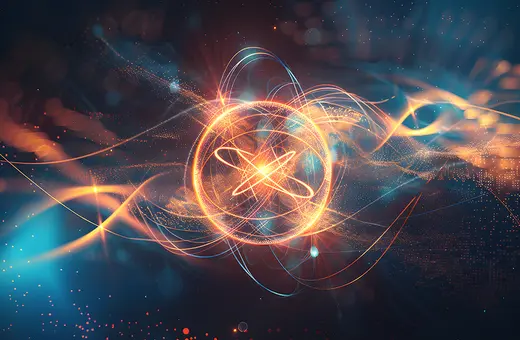
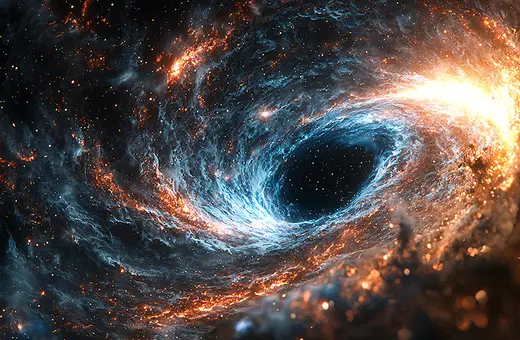
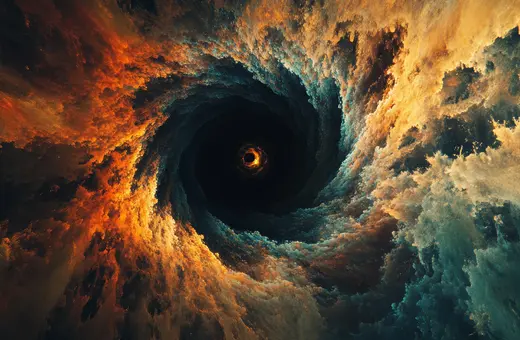
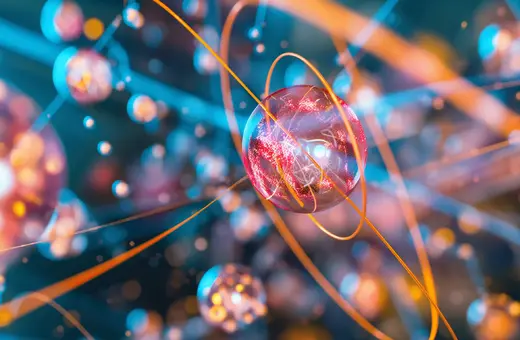

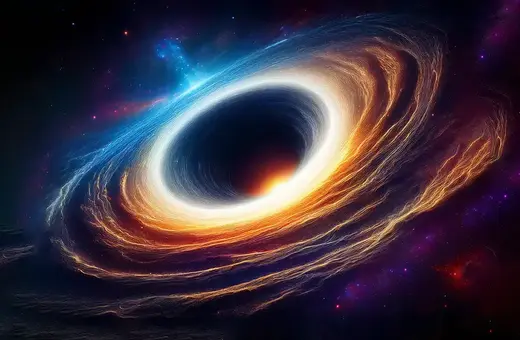



Join the conversation